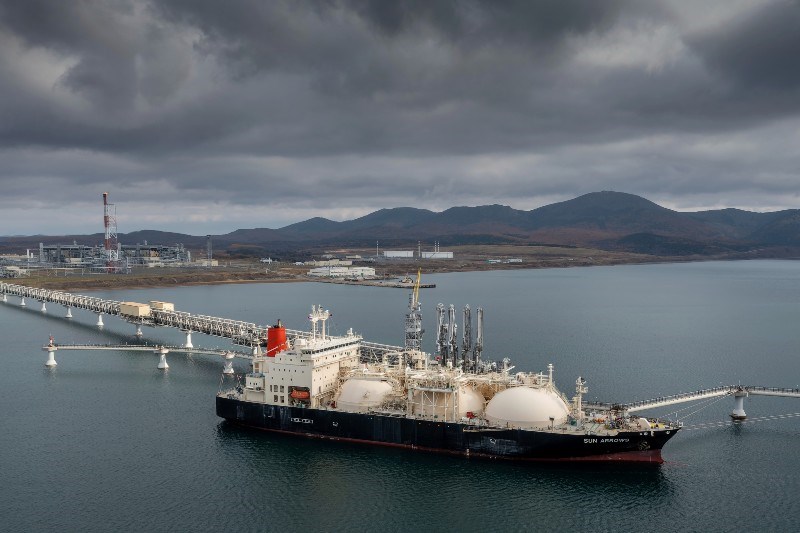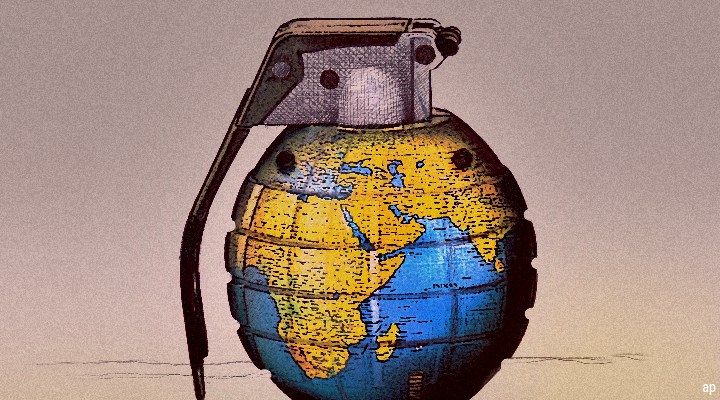Holly Cook: Russia and Ukraine are filling our headlines right now. So, to discuss the geopolitical risk there and the impact it could have on your own portfolio, I'm joined today by Cyrique Bourbon, one of Morningstar's senior portfolio managers.
Cyrique, thanks for joining me.
Cyrique Bourbon: Thanks for having me.
Cook: So, perhaps you can just start off at the very beginning; explain for us in a nutshell what the situation in Russia and Ukraine is and whether you think that's going to – how you think that's going to play out?
Bourbon: The key thing with the situation in Russia and Ukraine is that the geopolitical risk and the current situation stays as it is and it doesn't escalate. The risk is that it escalates and the sanctions actually start escalating and then this could bring the whole global economy into recession pretty much because of the impact this would have on energy supply and energy prices.
Cook: And historically, Russia has had the tendency to sort of undertake the similar actions that they're taking at the moment?
Bourbon: Exactly. So, historically, actually, Russia on the warfront has got a pretty poor history at invading other countries, and Ukraine on the other hand has got a very strong history at protecting itself very well. So, I don't think there will be a lot more disruption on that standpoint from Russia.
Cook: So, if we look at the stock markets, I mean, Russian stocks have been the worst performer so far this year. Do you think that's likely to continue?
Bourbon: If you'd asked me 12 months ago if Russia was likely to carry on underperforming, I probably would have said no, because Russia has been underperforming other emerging markets and other developed markets for many, many years now – for about four years in a row. So this could potentially continue because the situation is unsettling and on the economic side, Russia is also struggling on the domestic front. So there are risks there fundamentally with Russia.
Cook: So, from the investor's point of view, say, somebody like me who actually owns shares in an emerging Europe fund, is this time to flee, which is what a lot of people will be doing when they see the negative returns that their investment is getting them, or is it potentially a time to actually buy more? Is it looking cheap in this area?
Bourbon: Russia is always looking cheap, to be honest. So, Russia has been trading on 4, 5 times earnings for as long as I can remember really, and there is really – there is good reason for that. Political risk is something that investors have typically priced in into Russian equity returns pretty heavily in the last few years. So, yes, it is cheap, it could get cheaper. However, if you think with a long-term view and you take a five to 10-year view into investing at least, then I think there's a case for buying into Russian stocks currently. You could be a bit early, but I think it's probably better to be early than not be in.
The other thing is, fundamentally, Russia and the Russian government is trying to make its country more business-friendly and more investor-friendly. So we've seen some measures being taken in terms of potential access to stock markets, for instance, by the Russian government to make it more accessible and just more friendly to investors and businesses.
Cook: So, if you can stomach that shorter term volatility and it has been very volatile recently, then potentially, on a longer term view, this is still a valid investment and in fact, things may improve as Russia improves its way of doing business.
Bourbon: Exactly.





















